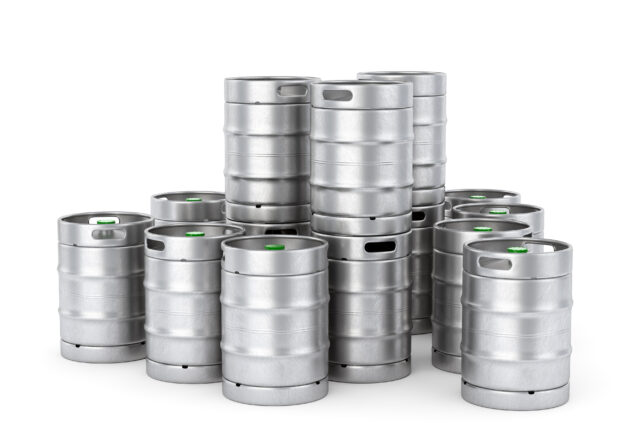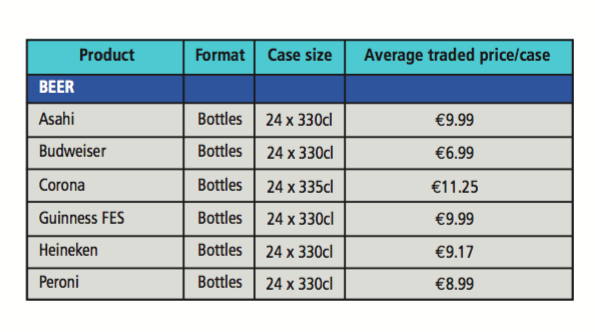This website uses cookies so that we can provide you with the best user experience possible. Cookie information is stored in your browser and performs functions such as recognising you when you return to our website and helping our team to understand which sections of the website you find most interesting and useful.
Spiritrade is giving a second life to short shelf-life stock
To help brand owners during the pandemic, Spiritrade has added a new category on its platform dedicated to the listing of short and out-of-date stock.

The hospitality sector has been the hardest hit of all global industries. Since March 2020, many on-trade suppliers and venues in the UK have never managed to reopen to the point where most late-night venues are now facing the prospect of closing permanently unless significant fiscal support from the government is in place by the end of March.
As a result, many businesses are faced with the prospect of having to destroy large quantities of stock due to their consume-by dates having been reached or even passed. However, it is not just the retail points in the on- and off-trades that have been affected, but the brand owners too. “The tap can’t just be turned off as forecasting the supply to the consumer market is done years in advance,” says Spiritrade’s trade sales manager, Andrew de Lavis-Trafford.
This is further complicated by the suppliers’ desire to be seen to uphold an inbuilt corporate social responsibility as the production of alcohol and its packaging alone has a significant impact on the environment, and, in some cases, destroys entire ecosystems, not to mention the impact caused by the disposal of the by-products left over at the end of the manufacturing processes and the energy required to recycle the packaging.

To tackle this problem, Ewan Wright has joined Spiritrade as ‘brand owner relations’. “Ewan is working closely with brand owners to support and provide them with additional routes to market for short and out-of- date stock,” says de Lavis-Trafford. “The destruction of stock ends up costing a brand owner significant capital when you take into consideration production, marketing and actual disposal of the product itself.”
In response to the challenges that brand owners are now facing, Spiritrade has added a new category on the platform specifically dedicated to the listing of short and out-of-date stock.
“We are fully committed to helping the drinks industry and as a result we will be introducing a new incentive for all brand owners,” says Wright. “Spiritrade will donate 50% of all seller commission from short-shelf-life transactions. The proceeds will be donated to organisations that are supporting the hard-hit hospitality sector.”
With figures in the UK alone showing that around 87 million pints of beer have been disposed of during the pandemic, Spiritrade offers a solution that can really benefit the brand owners as it provides an additional revenue channel that previously they did not have access to, and in the process support them in reducing their carbon footprint “Not only is it imperative to increase sales to keep companies afloat during these hard times, but they must also support the drinks industry in helping it to reduce its impact on the environment by using alternative solutions to reduce their carbon footprint,” says Wright.
Spiritrade is pleased with the response, with many large brand owners rising to the challenge. CEO Jimmy Metta says: “We are working closely with them to ensure stock is sold to willing buyers while maintaining a level of transparency with the brand owners we work with. It’s a win- win situation for everyone. The breweries don’t waste money on destroying stock, the customer pays for stock at a reasonable price, and, more importantly, our environment is looked after.” Metta adds: “Brand owners need to demonstrate responsibility by adopting new measures and practices in their businesses to reduce wastage. Spiritrade is passionate about reducing carbon emissions and ensuring the drinks industry runs in a considerably more sustainable and efficient manner.”

